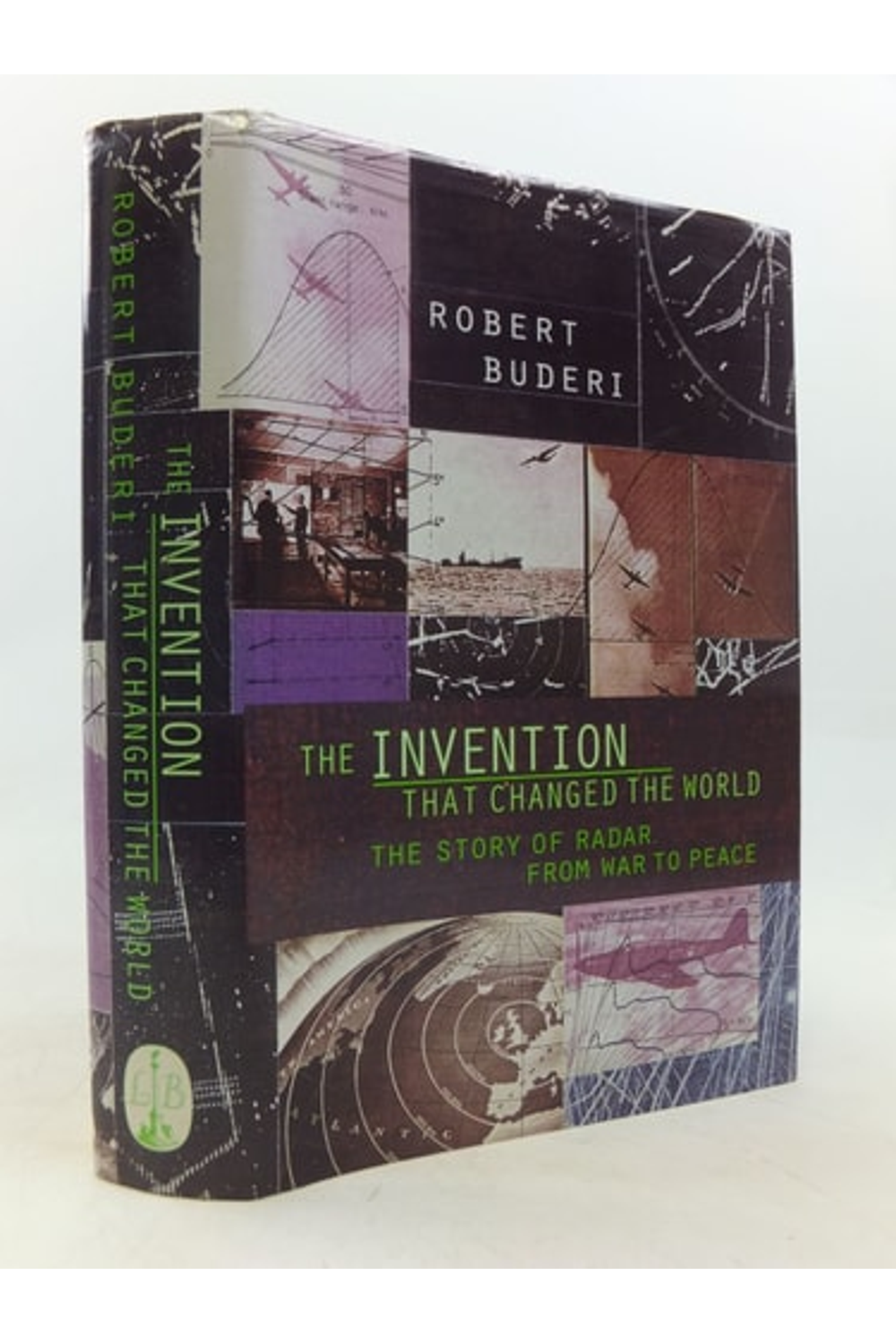Uncover the gripping story of microwave radar’s pivotal role in World War II with “The Invention That Changed the World” by Robert Buderi. More than just a technical account, this book reveals the intense race against time as British scientists shared their revolutionary cavity magnetron with their American counterparts. Discover how this game-changing technology evolved from a top-secret weapon to a foundation for modern advancements like air traffic control and weather forecasting. Buderi highlights the unsung heroes who developed this crucial technology, detailing its impact on Allied victories against Japanese warships and Nazi buzz bombs. Explore the lasting legacy of radar and its ongoing influence on medicine and engineering. This compelling history, published by Little, Brown, offers a fascinating look at the science, the strategy, and the human ingenuity that shaped the world we live in today. Perfect for history buffs, science enthusiasts, and anyone curious about the innovations that defined the 20th century.
The invention that changed the world
23,36 $
In stock
In 1940, a team of British scientists arrived in Washington bearing Britain’s most closely guarded technological secrets – including the cavity magnetron, a revolutionary new source of microwave energy. Its arrival triggered the most dramatic mobilization of science in history, as America’s top scientists enlisted to convert the invention into a potent military weapon. Microwave radars eventually helped destroy Japanese warships and Nazi buzz bombs, and enabled Allied bombers to “see” through cloud cover. After the war, the work of the radar veterans continues to affect our lives – controlling air traffic, forecasting the weather and providing physicians with powerful diagnostic tools. With anecdotes and revelations, this work explores the work of the scientists who created a winning weapon and changed the world forever.
| Authors | |
|---|---|
| Binding | |
| Condition | |
| ISBN-10 | 0316907154 |
| ISBN-13 | 9780316907156 |
| Language | |
| Pages | 352 |
| Publisher | |
| Year published | |
| Weight | 1742 |
| Edition | 1st UK ed. |
Related products
Shake Hands with the Devil
19,81 $The Ancient Greek Olympics
17,15 $L’limination… (French Edition)
14,79 $PLURAL
18,15 $
- Additional information
- Currencies
- USD – United States dollar
- EUR – Euro
- GBP – Pound sterling
- CNY – Chinese yuan
- BRL – Brazilian real
- MXN – Mexican peso
- JPY – Japanese yen
- PHP – Philippine peso
- THB – Thai baht
- PLN – Polish złoty
- CAD – Canadian dollar
- MYR – Malaysian ringgit
- AUD – Australian dollar
- TWD – New Taiwan dollar
- CZK – Czech koruna
- SEK – Swedish krona
- HUF – Hungarian forint
- ILS – Israeli new shekel
- CHF – Swiss franc
- HKD – Hong Kong dollar
- DKK – Danish krone
- SGD – Singapore dollar
- NOK – Norwegian krone
- NZD – New Zealand dollar





